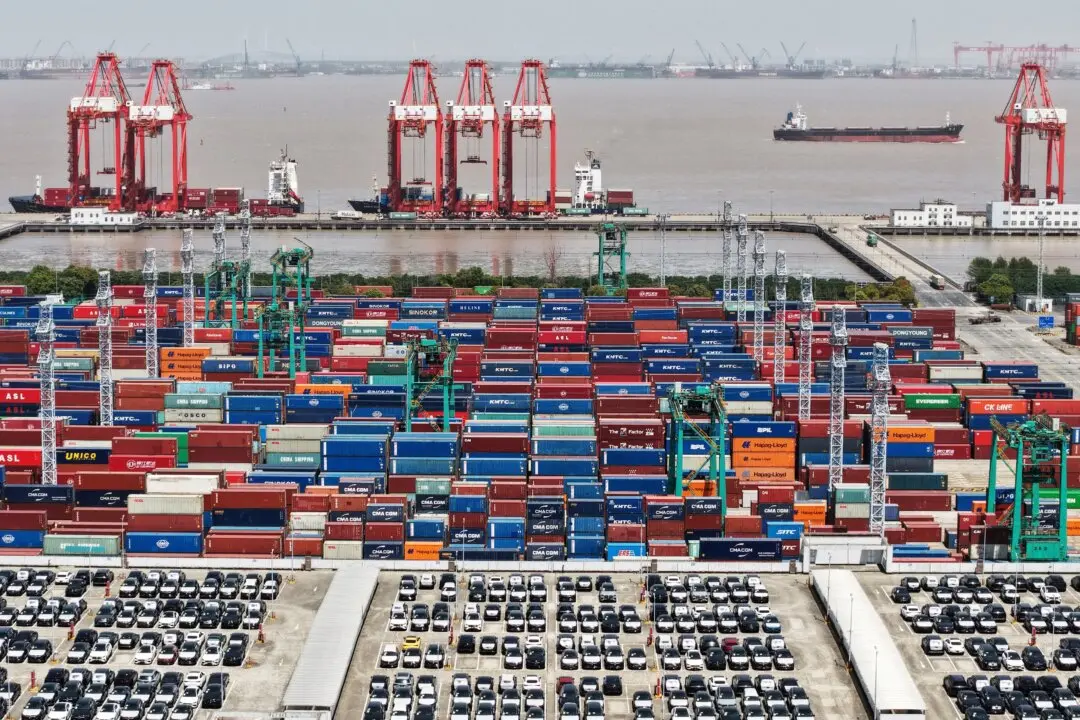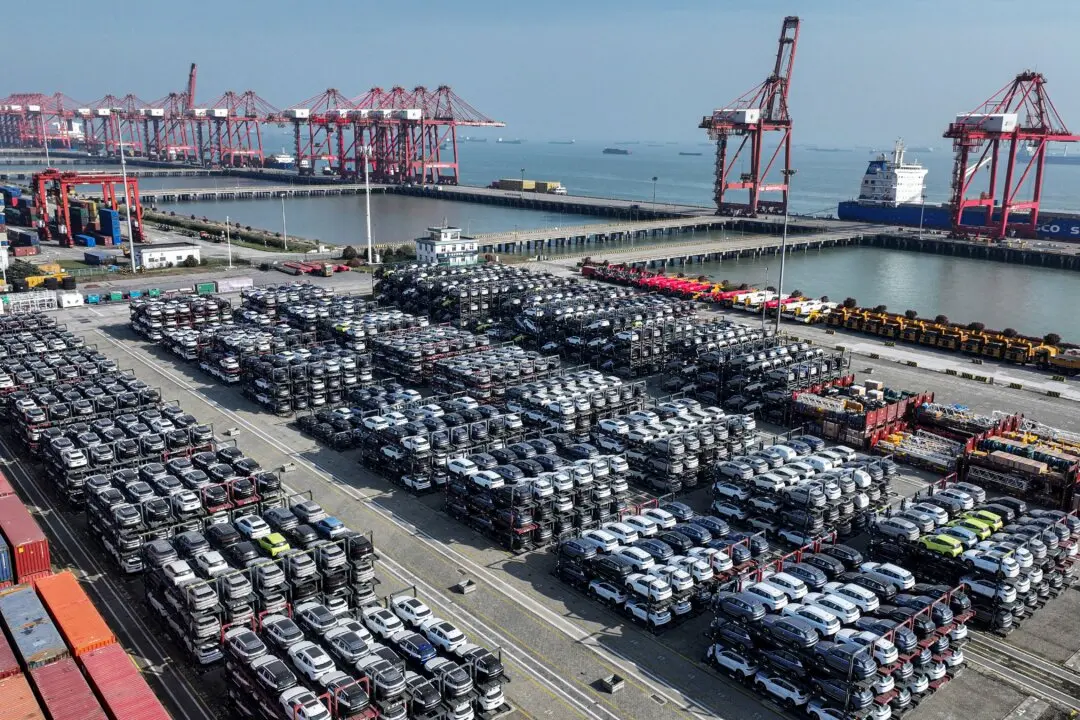Commentary
New projections on Asian growth from the International Monetary Fund (IMF) paint a bright picture—too bright, in fact. The organization relies on the positive effects of China’s reopening to forecast not only rapid real growth for China but also for other Asian economies, including India, Vietnam, Bangladesh, and Mongolia. Though there can be little doubt that China’s reopening will act as a spur to growth throughout the region, the upbeat IMF forecast seems to dismiss the ill effects of inflation and fails entirely to consider the drag on Chinese and Asian exports from tight monetary policies in the West.





